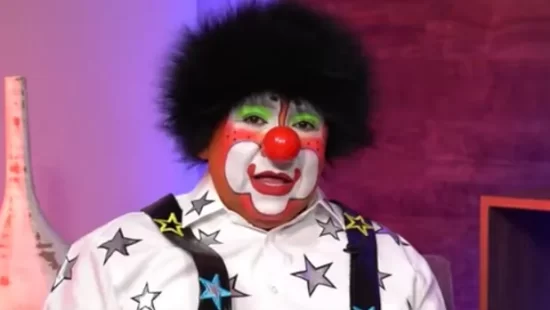In recent years, mental health has become a central subject in childhood and adolescence. Teenagers narrate their psychiatric diagnosis and treatment on TikTok and Instagram. School systems, alarmed by rising levels of distress and self-harm, are introducing preventive coursework in emotional self-regulation and mindfulness.
Now, some researchers warn that we are in danger of overdoing it. Mental health awareness campaigns, they argue, help some young people identify disorders that badly need treatment — but they have a negative effect on others, leading them to over-interpret their symptoms and see themselves as more troubled than they are.
The researchers point to unexpected results in trials of school-based mental health interventions in the United Kingdom and Australia: Students who underwent training in the basics of mindfulness, cognitive behavioral therapy and dialectical behavior therapy did not emerge healthier than peers who did not participate, and some were worse off, at least for a while.
And new research from the United States shows that among young people, “self-labeling” as having depression or anxiety is associated with poor coping skills, like avoidance or rumination.








